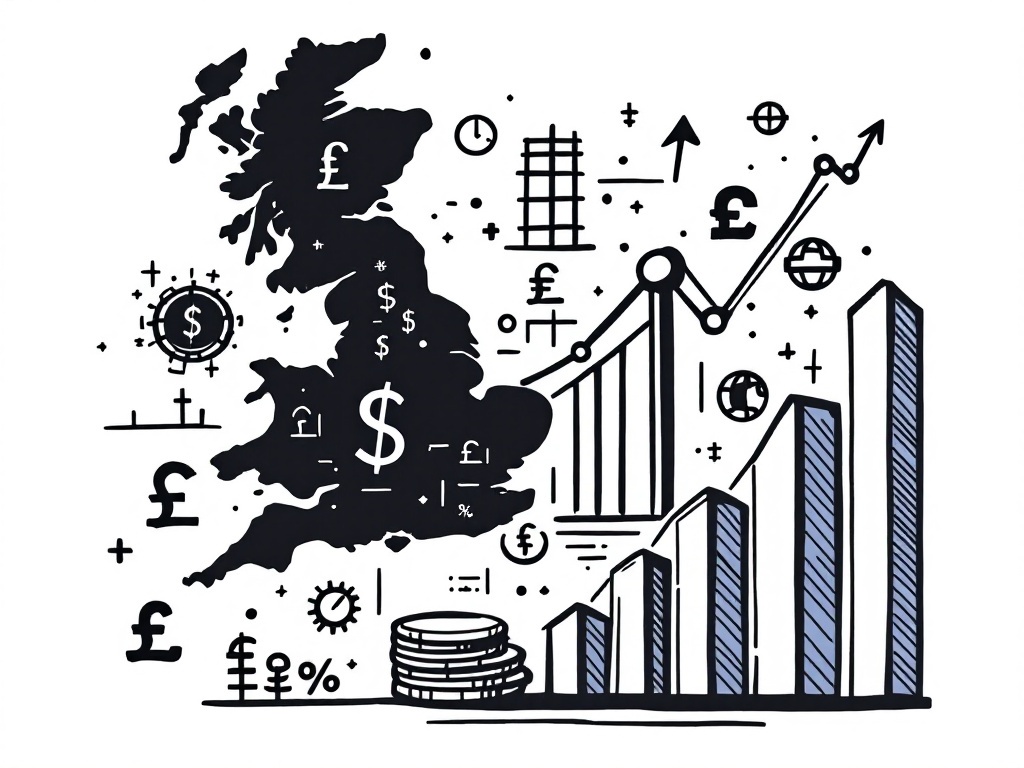UK Inflation Reaches Ten-Month High of 3% in January, Surprising Analysts

London, Wednesday, 19 February 2025.
UK inflation climbed to 3% in January 2025, exceeding the forecast of 2.8%. Higher costs in transportation, food, and education, including new VAT rules, primarily drove this increase, challenging the Bank of England’s strategy.
Core Numbers Reveal Broader Price Pressures
The latest data from the Office for National Statistics (ONS) shows core inflation, which excludes volatile items like energy and food, jumped to 3.7% from 3.2% in December [1][3]. Services inflation saw a particularly concerning rise from 4.4% to 5.0% [1]. Grant Fitzner, ONS chief economist, attributes this sharp increase to several factors, including airfares not falling as expected during the traditional January dip - the weakest January decrease since 2020 [1].
Key Drivers Behind the Surge
The implementation of new VAT rules on private school fees resulted in a significant 12.7% monthly increase in education costs [4][5]. Food and non-alcoholic beverage prices also rose notably, with particular increases in meat, bread, and cereals [1]. Transport costs contributed significantly, rising by 1.7% in the year to January 2025 [4]. This combination of factors has created substantial pressure on household budgets, with Chancellor Rachel Reeves acknowledging that ‘millions of families are still struggling to make ends meet’ [1].
Impact on Monetary Policy
The Bank of England, which recently cut its base rate to 4.5% on February 6, 2025 [6], now faces a complex challenge. The central bank had projected inflation to reach 3.7% in Q3 2025 [4], and this unexpected early rise may influence its future rate decisions. Ruth Gregory, deputy chief UK economist at Capital Economics, suggests that while higher energy prices will likely push inflation further above 3% over the next seven months, CPI inflation could fall below 2% in 2026 [1].
Global Context and Future Outlook
The UK’s inflation challenges mirror similar pressures in other major economies, with the Eurozone at 2.5% and US inflation at 3% in January 2025 [3]. Financial markets currently predict two additional quarter-point interest rate cuts by the Bank of England in 2025 [7], though these projections may shift given the higher-than-expected inflation data. The next crucial inflation report is scheduled for release on March 26, 2025 [4], which will provide further insight into whether this uptick represents a temporary bump or a more persistent trend.
Sources
- www.cnbc.com
- www.ft.com
- www.bbc.com
- moneyweek.com
- www.morningstar.co.uk
- www.bankofengland.co.uk
- www.theguardian.com